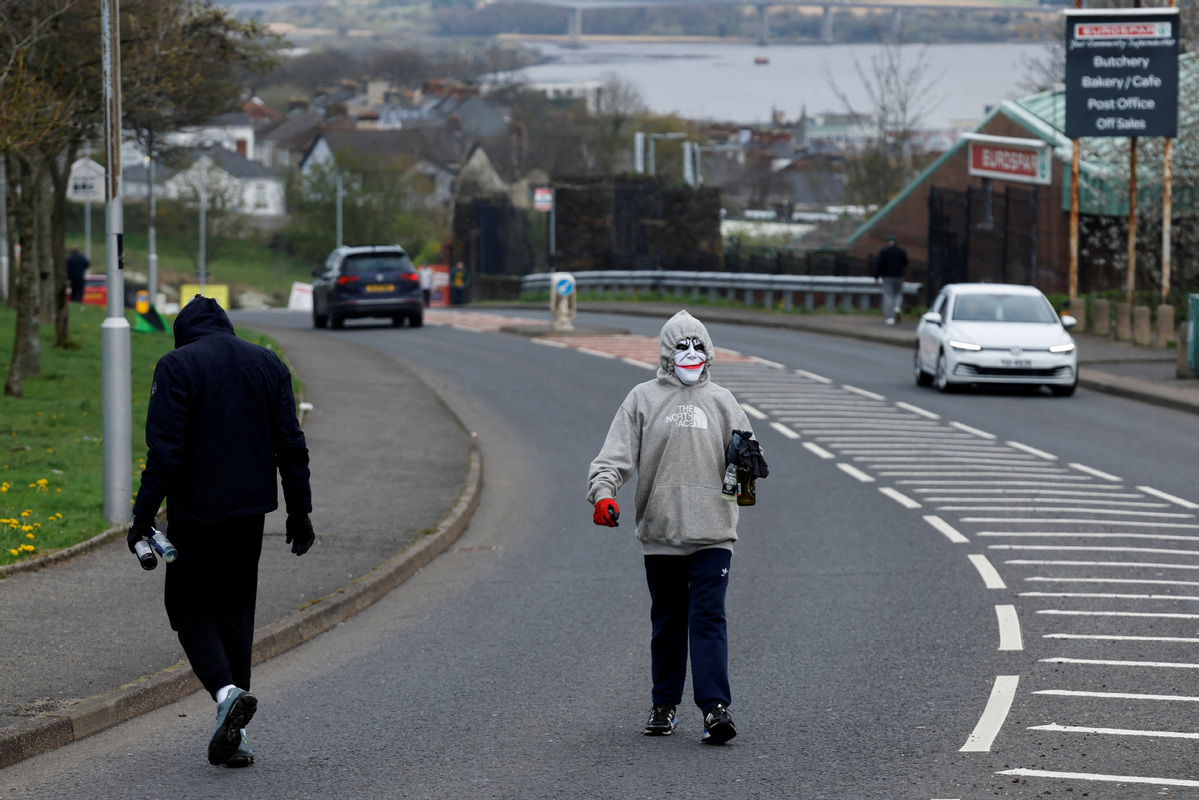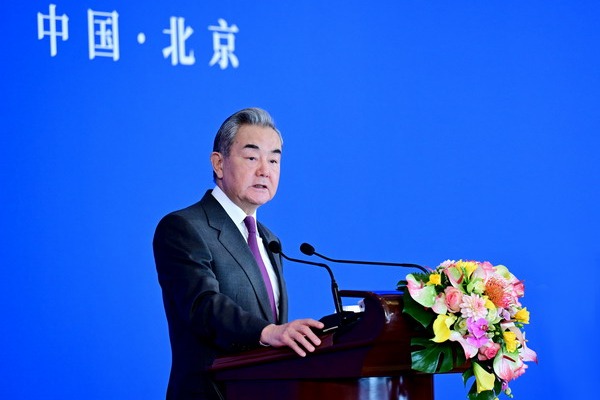Political instability casts shadow on N. Ireland peace deal anniversary


LONDON — Northern Ireland marks the 25th anniversary of its landmark 1998 peace accords on Monday, with the UK province mired in political instability and security concerns that threaten to overshadow the milestone.
No major public events are planned for the day itself, but British Prime Minister Rishi Sunak and US President Joe Biden are expected to arrive on Tuesday to launch several days of commemoration.
The region has been significantly reshaped since pro-UK unionist and pro-Irish nationalist leaders struck a peace deal on April 10, 1998 — Easter Good Friday — following marathon negotiations.
Brokered by Washington and ratified by governments in London and Dublin, the Good Friday Agreement largely ended three decades of devastating sectarian conflict in Northern Ireland. The so-called Troubles killed more than 3,500 people.
But a quarter-century on, Northern Ireland is struggling to consolidate the gains of its hard-earned peace, with post-Brexit trade arrangements prompting political instability and violence by dissident republicans on the rise.
"While it is time to reflect on the solid progress we have made together, we must also recommit to redoubling our efforts on the promise made in 1998 and the agreements that followed," Sunak said in a statement marking Monday's anniversary.
Biden is scheduled to fly to Northern Ireland on Tuesday to attend events marking the 25th anniversary of the deal. It is expected that Sunak will be in the capital Belfast to welcome him when he arrives.
However, Biden will not address the province's devolved political assembly at Stormont, as the power-sharing body has not been operational for more than 12 months as the Democratic Unionist Party's politicians refused to take part in it over their objections to post-Brexit negotiation positions being adopted by the government in Westminster.
Apart from the effect of Britain's departure from the European Union, other political crises have overshadowed this week's commemorations.
Mary Lou McDonald, leader of Sinn Fein, the Republican party whose supporters believe in a united Ireland, spoke of her frustration at the missed opportunity caused by the political stalemate, at a time when "the eyes of the world are on Ireland and the North of Ireland in particular and we have a limbo situation".
Threat level raised
Last month, Britain's MI5 intelligence agency increased the threat level in Northern Ireland from domestic terrorism to "severe", meaning an attack was considered highly likely.
Power-sharing institutions created by the accords have been paralyzed for over a year over bitter disagreements on post-Brexit trade.
Despite Britain and the European Union agreeing in February to overhaul the arrangements, that new deal — the Windsor Framework — is yet to win the support of the pro-UK Democratic Unionist Party.
It has boycotted Northern Ireland's devolved government for 14 months over the issue, crippling the assembly, and is showing no sign of returning to power-sharing.
Irish Prime Minister Leo Varadkar pledged on Sunday to intensify efforts with Sunak to break the political deadlock in the province.
"We stand ready to work with our partners in the Irish government and the local parties to ensure that the institutions are up and running again as soon as possible," Sunak said. "There is work to be done."
Agencies and Julian Shea in London contributed to this story.

































